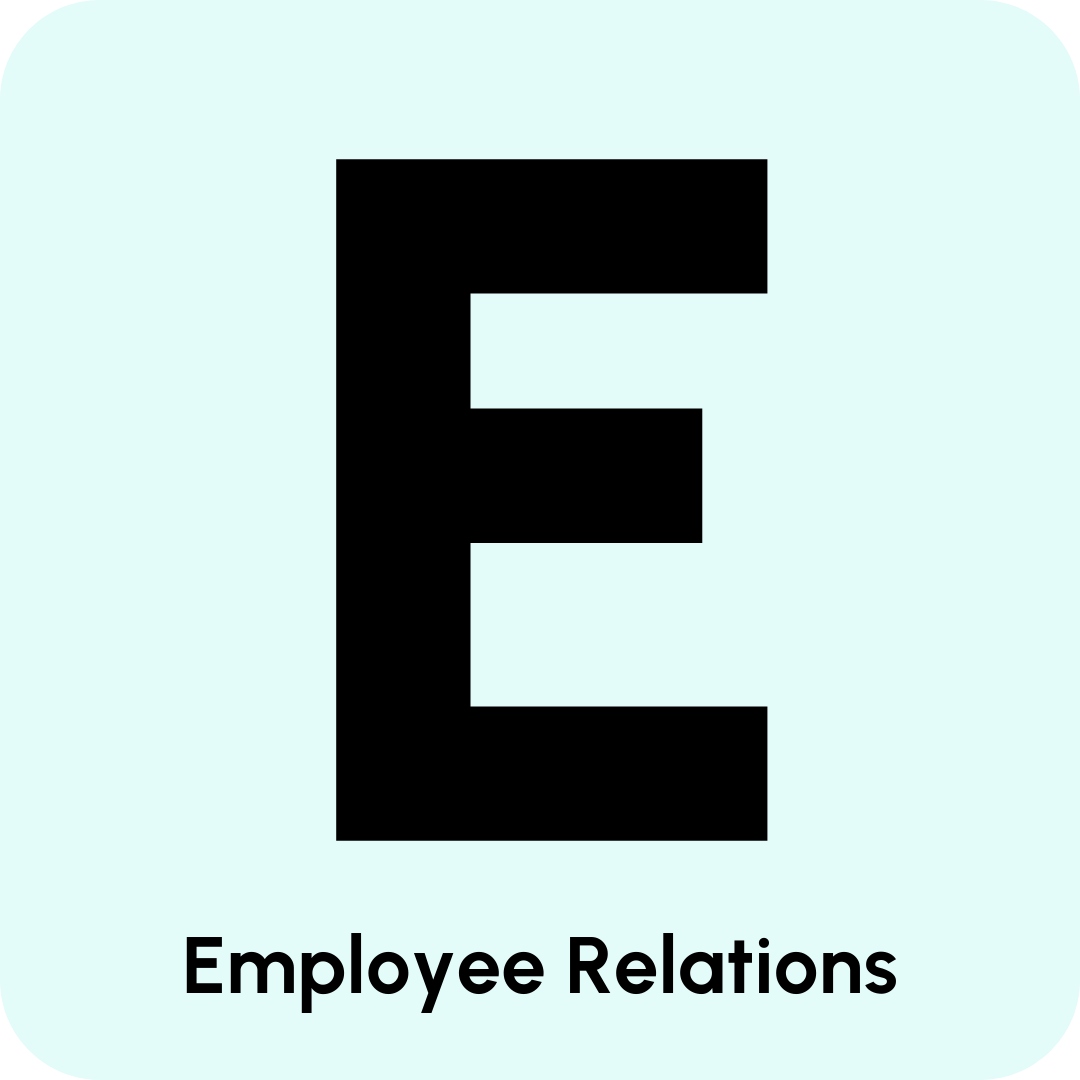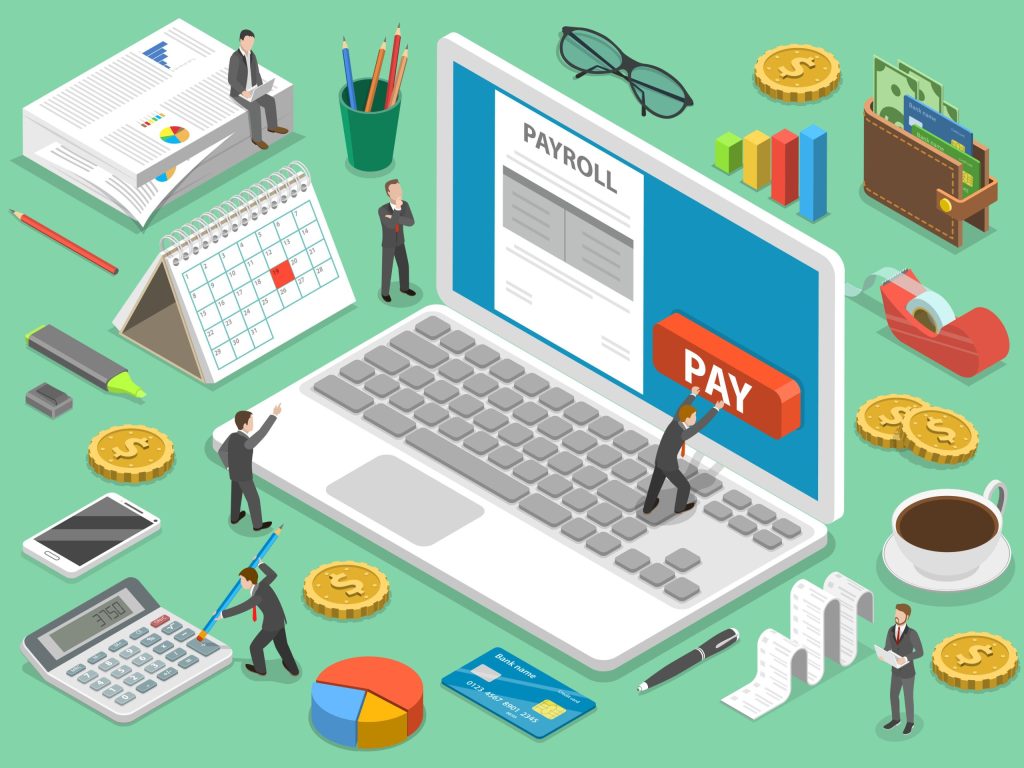What is Employee Relations?
Employee Relations (ER) is the practice of managing the relationship between employers and employees. It goes beyond resolving disputes — it’s about building a workplace where people feel respected, supported, and motivated to perform at their best.
In modern HR, employee relations focuses on both reactive elements (like dealing with grievances or disciplinary cases) and proactive strategies (such as promoting employee voice, engagement, and wellbeing).
What Does Employee Relations Mean in HR?
Employee Relations in HR covers the policies, processes, and culture that shape how employees interact with their employer. Key areas include:
- Compliance with UK Employment Law – following legislation such as;
- The Employment Rights Act 1996
- Equality Act 2010
- Trade Union and Labour Relations (Consolidation) Act 1992, and
- Health and Safety at Work Act 1974.
- Grievance Handling – ensuring staff have a fair process to raise concerns about bullying, discrimination, or unfair treatment.
- Disciplinary Processes – dealing with misconduct, poor performance, or breaches of policy fairly and consistently.
- Communication and Engagement – promoting open dialogue, employee feedback mechanisms, and transparency.
- Collective Relations – engaging with trade unions or employee representatives where appropriate.
- Cultural Development – embedding values that support trust, diversity, and inclusion.




